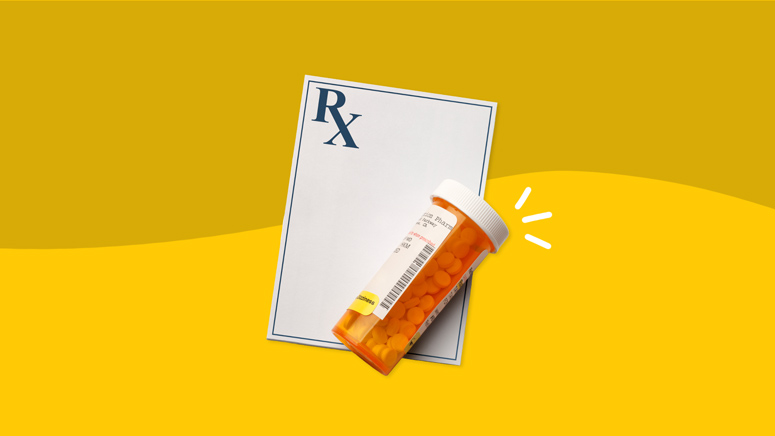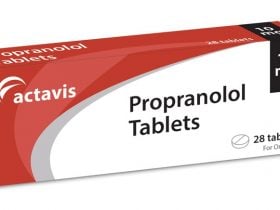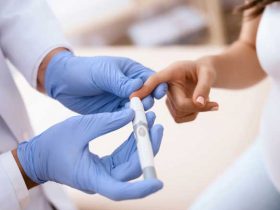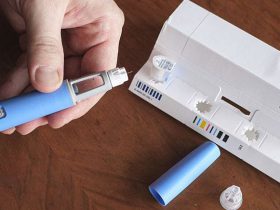What Is Latuda?

Latuda is a prescribed drug used to treat mental health disorders that present psychosis as a symptom. It functions by disrupting how the brain reacts to certain chemicals. It is commonly prescribed for adults and teenagers (older than 13 years) with schizophrenia. Latuda can also be taken to treat depression caused by bipolar disorder in adults and children older than 10 years.
Warnings
Latuda should not be used to treat psychotic diseases associated with dementia. It can lead to death in adults with psychosis caused by dementia. In some cases, young people may have thoughts about suicide anytime they take Latuda. Doctors recommend paying close attention to changes in your mood or symptoms when using the drug.
It is important to tell your doctor medical history. Doctor will ask you if you have a heart disease, high blood pressure, kidney disease, liver disease, stroke, heart attack, low white blood cell counts, Parkinson’s disease, trouble swallowing, and high triglycerides or cholesterol. You should also tell your doctor if you have a history of suicidal thoughts or breast cancer.
Some drugs are known to cause an interaction when taken with Latuda. Your doctor will advise you to not use these drugs together. It is important to tell your doctor about all the drugs you’ve used in the past, and the ones you’re using presently.
Studies show that Latuda makes you more sensitive to extreme temperatures, such as very cold or hot conditions. Do not get too cold or dehydrated. Ensure you consume a lot of fluid during exercise. This drug can result in overheating or dehydration.
Latuda can disrupt how you think and react to certain things around you. If you work in a place where you always have to be active, such as driving, you have to be careful and talk to your doctor regularly. Do not get up too fast from a lying or sitting position. Get up gradually and steadily to stop yourself from falling.
When you drink alcohol when using latuda, you may experience certain side effects. Contact your doctor immediately if you start experiencing certain side effects like sweating, high fever, pounding or fast heartbeat, stiff muscles, tremors, and irregular movements in the tongue, eyes, face, legs, or lips.













